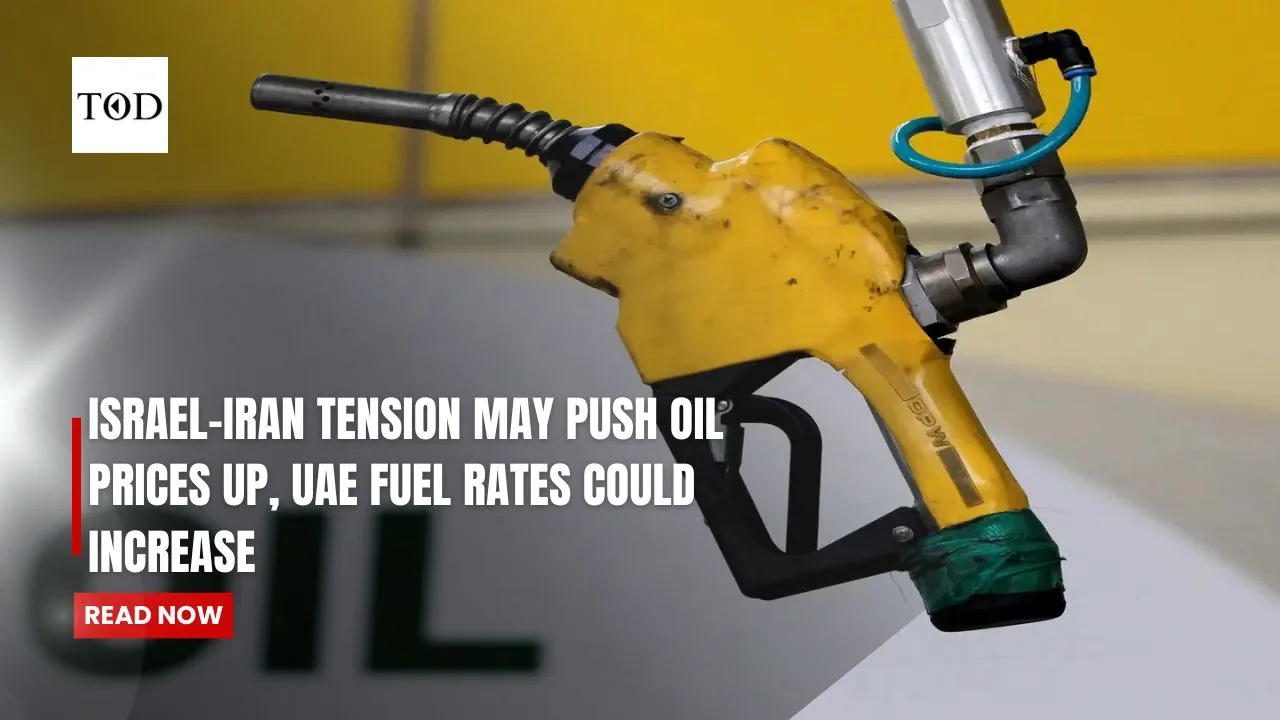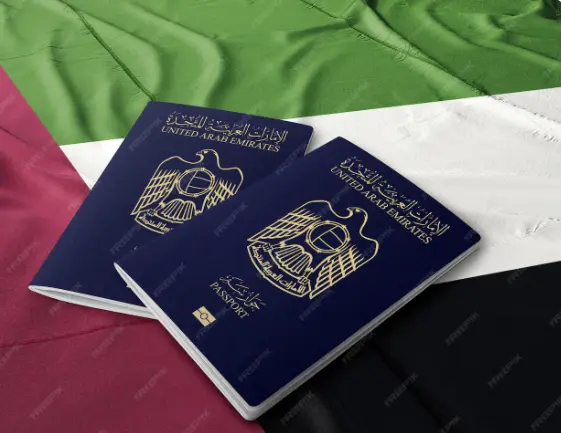September 26, 2025 | Dubai: Dubai’s families have long felt the pinch of private schooling costs. Now, with a freshly unveiled KHDA education strategy, the city is boldly addressing one of its biggest grievances: Dubai school fees. The goal? To reshape the ecosystem so Dubai affordable education is more than just a slogan.
From the first days of this strategy’s announcement, the focus is clear: better regulatory frameworks, investor incentives, and cost structure reforms, all aimed at making Dubai school fees more sustainable for families. For those struggling under skyrocketing annual tuition, this new path could alter life choices, where to live, which school to choose, and whether public or private education.
The Challenge: Why Dubai School Fees Are a Concern
Families and social media alike have complained: in many top private schools, Dubai school fees for secondary years can cross Dh100,000. In 2025, some institutions even saw hikes up to Dh5,000 per child. For expatriate parents especially, the cost of education often rivals rent or transport in terms of household burden.

There’s a regulatory guardrail, KHDA’s School Fees Framework, in force since 2011 and revised through later Executive Council decisions that controls how schools can raise fees, especially for schools operating beyond three years. But many argue that the system hasn’t kept pace with rising land, staffing, and operational expenses, pushing educational access out of reach for larger segments of society.
What the New KHDA Education Strategy Proposes
The new KHDA education strategy builds on a multi-pronged approach to curb costs while preserving quality:
- “Incentivised social investors”: The authority wants to attract schools whose goal isn’t pure profit, but delivering excellent education at moderate prices. In return, such institutions may receive benefits like subsidised land rentals or lower property costs.
- Revisiting cost structures: KHDA will review how much operational overhead, staff housing, and logistics contribute to tuition. If schools streamline or reorganise, those savings should, in principle, pass to parents.
- Integration with urban planning: One striking idea is to link school location with housing, access, and infrastructure such that transportation costs, staff commuting, and facility maintenance don’t inflate Dubai school fees further.
- Fee caps relative to performance and cost index: The existing Education Cost Index (ECI) determines allowable increases, but now more weight may be placed on school inspection outcomes and parent engagement in fee approvals.
- Expansion of seats & equity: Under Dubai’s broader Education 33 (E33) vision, the strategy aims to open more affordable school seats so that Dubai affordable education is not a niche option but a widespread reality.
These are not one-off tweaks but systemic interventions to ensure that Dubai school fees are not a barrier to education.

What This Means for Parents & Students
For parents, this strategy might finally bring some hope. If implemented in full:
- Fee hikes would likely slow or stabilise, especially in mid-tier schools.
- More schools with moderate fees might emerge, offering real alternatives for families priced out of ultra-premium education.
- Transparency will increase: schools must justify costs, and parents can hold them accountable.
- Over time, Dubai affordable education could reduce the need to uproot families to more affordable emirates or accept lesser options.
However, there are caveats. Changes will roll out in phases, and not every school will participate immediately. Also, if investors find the incentives insufficient or risks too high, uptake might lag.

Risks & What Can Go Wrong
- Schools may resist changes, citing that infrastructure or staffing costs are rising faster than expected.
- Promised incentives (e.g. discounted land) may take time to legislate or implement fully.
- There’s a gap between policy and execution without strong oversight, some schools might take advantage or delay reforms.
- The transition period could bring uncertainty: parents might postpone school choices until stability is
This KHDA education strategy aligns with the broader Education 33 (E33) vision, which aims to transform Dubai’s education system by 2033. E33 emphasises equitable, learner-centered education and sets goals like adding 49,000 new affordable school seats and ensuring all students’ well-being is addressed.
Under E33, Dubai affordable education isn’t just cost control, it’s about providing an inclusive ecosystem that gives every child room to grow, regardless of background.
Also Read: UAE Suspends Visas For 9 Countries
















